Adolescent experiences of covid-19 in Jordan
Layan, an 18-year-old Syrian refugee girl who was married at 14
This is a photo of sayael, a traditional Syrian sweet made of cream, pistachio nuts and milk. Since the pandemic began, everyone in my family has been out of work. This has meant that we have needed to cut back on expenses, including what we spend for food. We are now making sayael at home, as it is inexpensive and relies only on pantry staples.
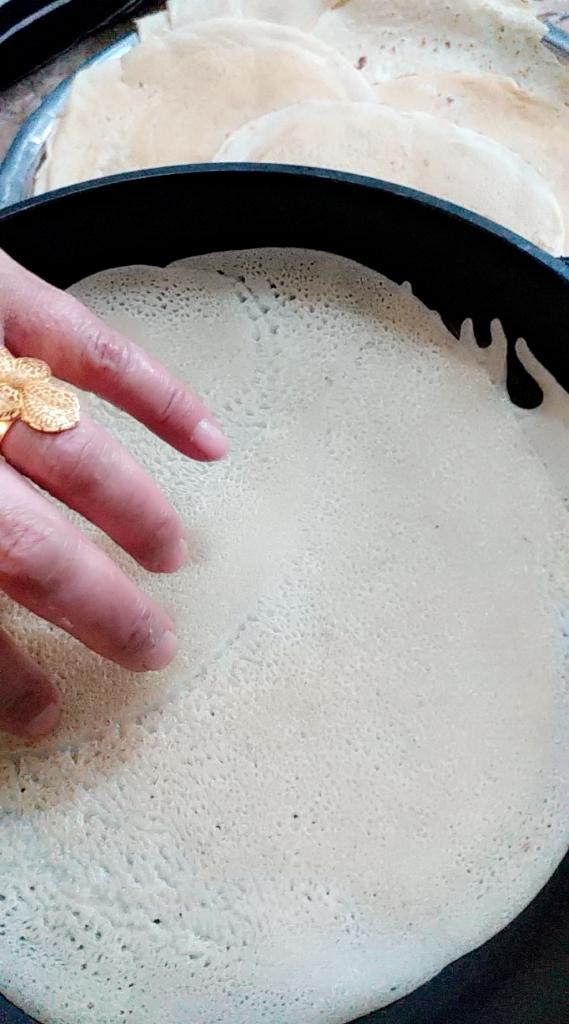
Hosam, an out-of-school 16-year-old Syrian refugee boy
My life has been turned upside down by covid-19. I now sleep all day and wake at sunset. Despite the curfew, my friends and I meet each night on the roof of our house, where we smoke without our parents seeing us. It is considered respectful to smoke out of sight.
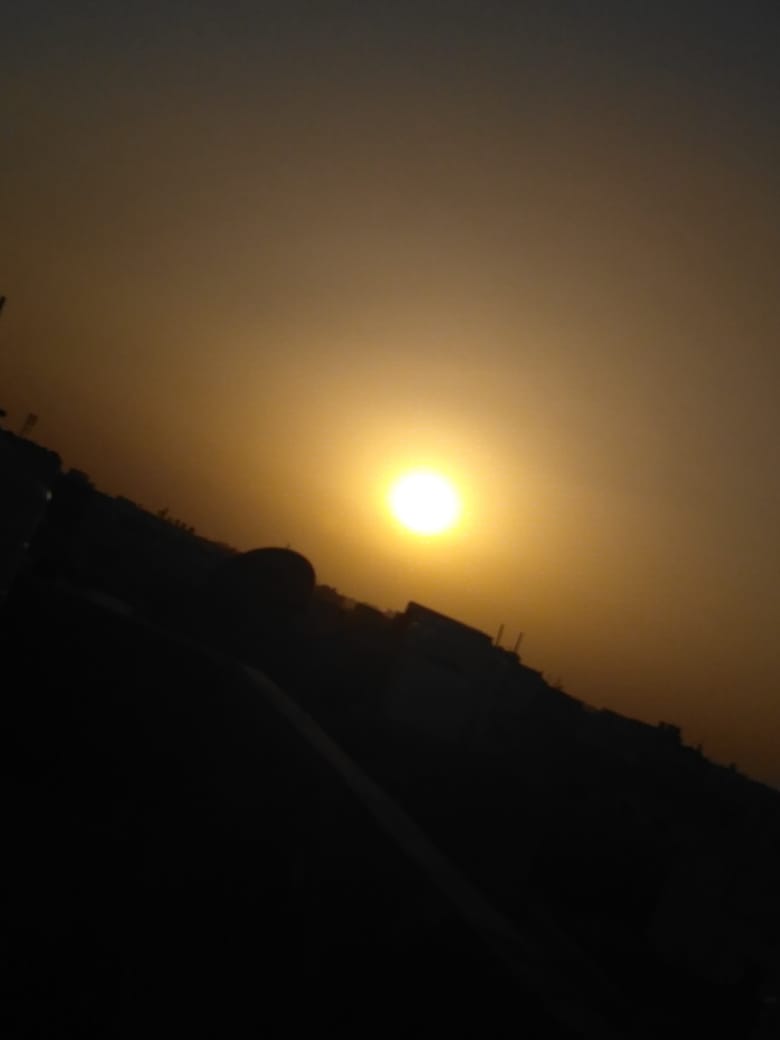
Wejdan, an 18-year-old Syrian refugee girl who was married at 17
Due to the pandemic, schools are closed and classes are online. As I am in 10th grade and my course work is complicated, I am finding remote learning very challenging. It is hard to stay motivated when you cannot ask questions and feel that you are not learning! My friends and I have set up a WhatsApp study group where we try to figure things out together.
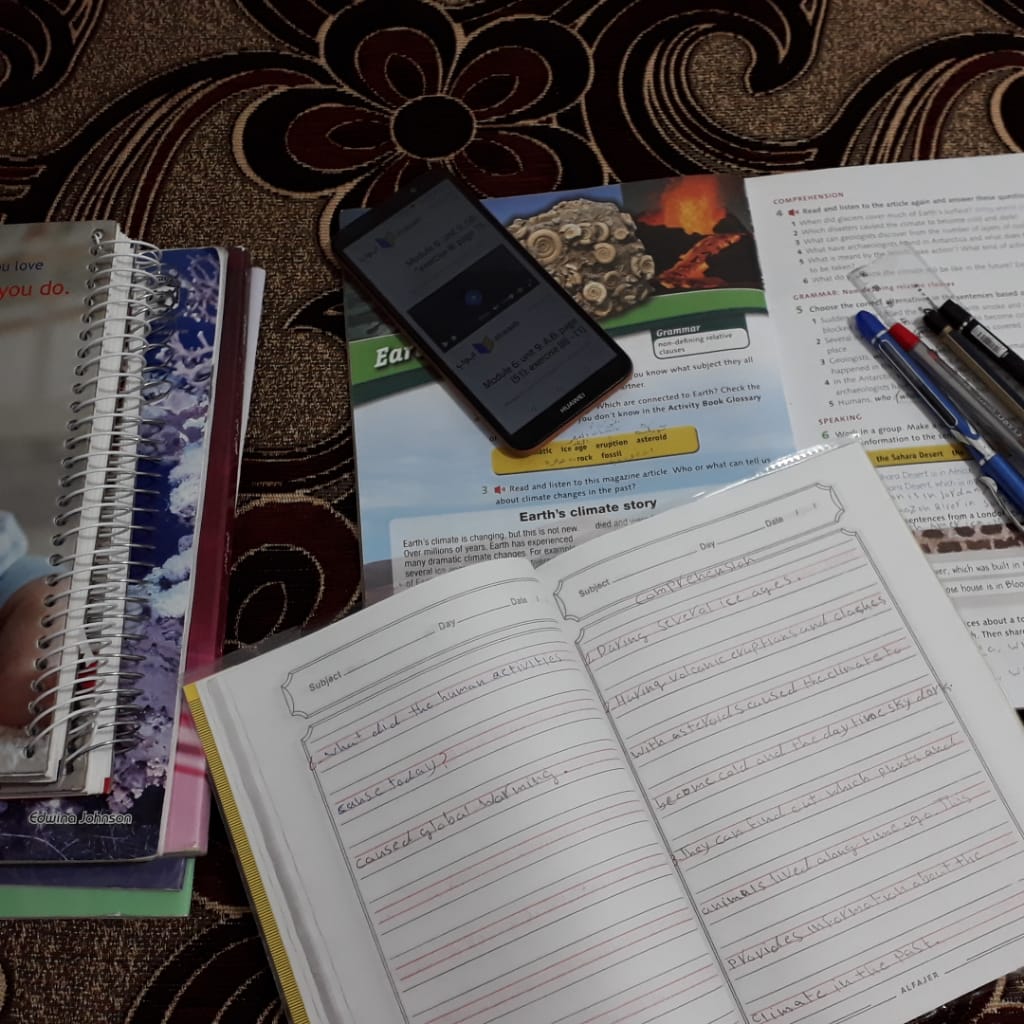
Aiham, an out-of-school 17-year-old Syrian refugee boy
Like this tree, my feelings are dead. This has been a very difficult time for me, made worse by the curfew, which has cut me off from my friends. I will prevail and conquer these feelings in the future.
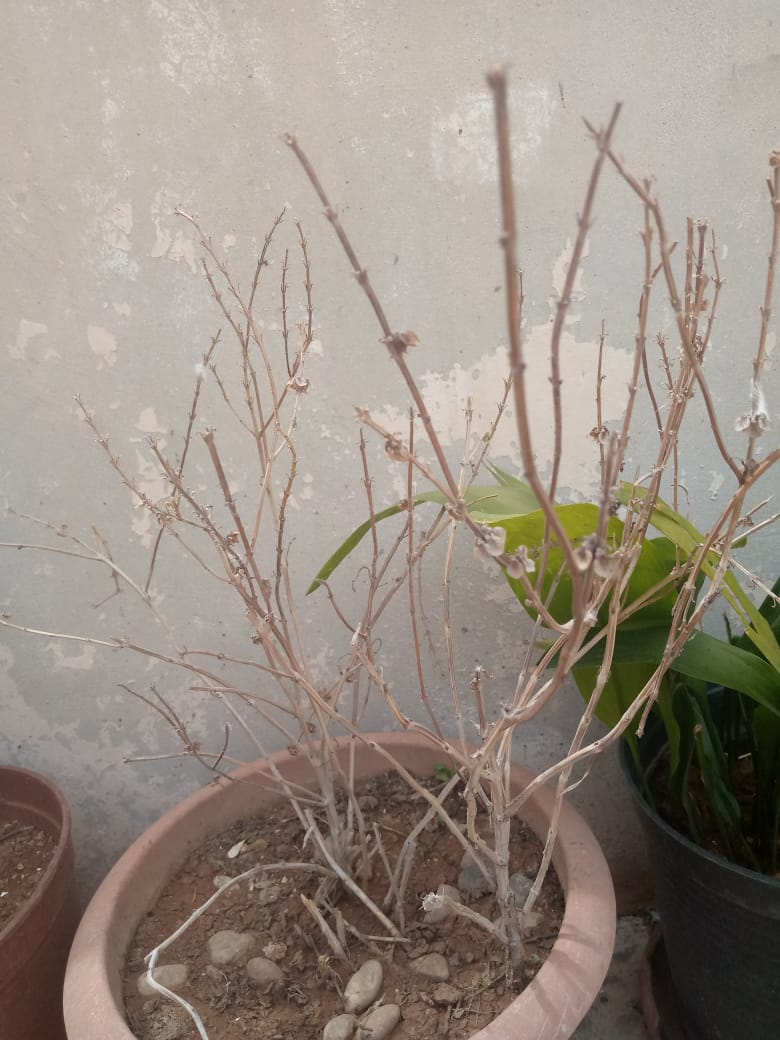
Lana, a 17-year-old Syrian refugee girl who married at 15
I am using my long hours in lockdown to remind myself of what used to make me happy when I was a child—drawing. After I left school and married, I did not have time to draw. The last few months, with no where to go and no one to see, I have been bored. While I am too embarrassed to show my art to others, it makes me happy to draw my child and the other children in my building.
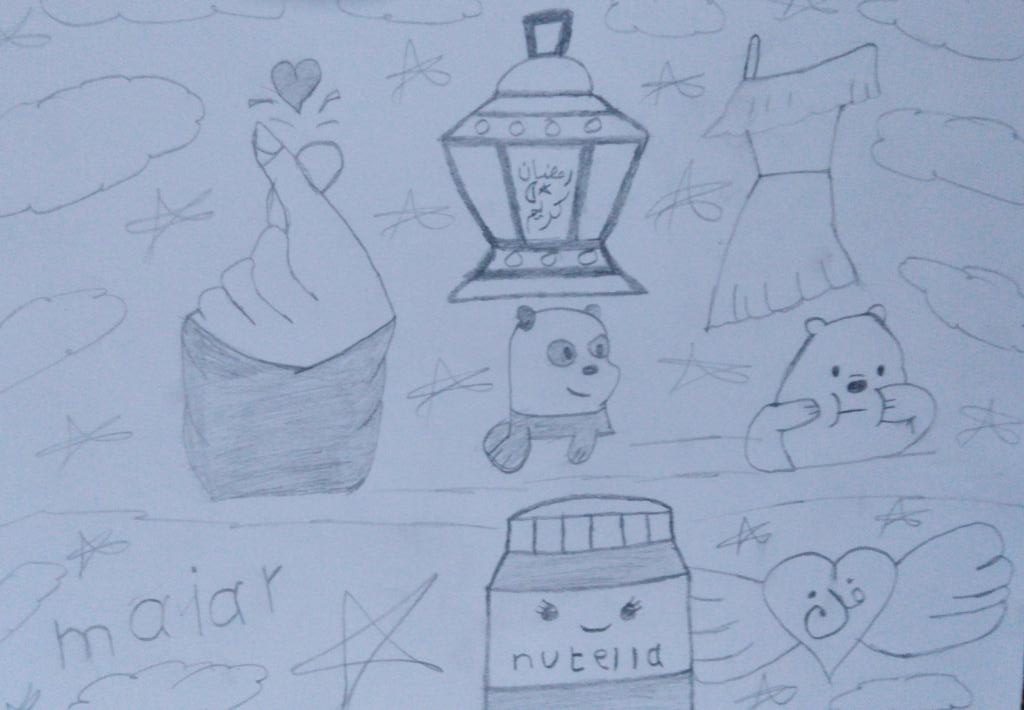
Reema, an 18-year-old Syrian refugee girl who married at 17
I spend my days taking care of my newborn son, who cannot be vaccinated because UNHCR offices are closed due to the pandemic. When he is asleep, I also cook and clean the house, which we share with my husband’s brother and his family.
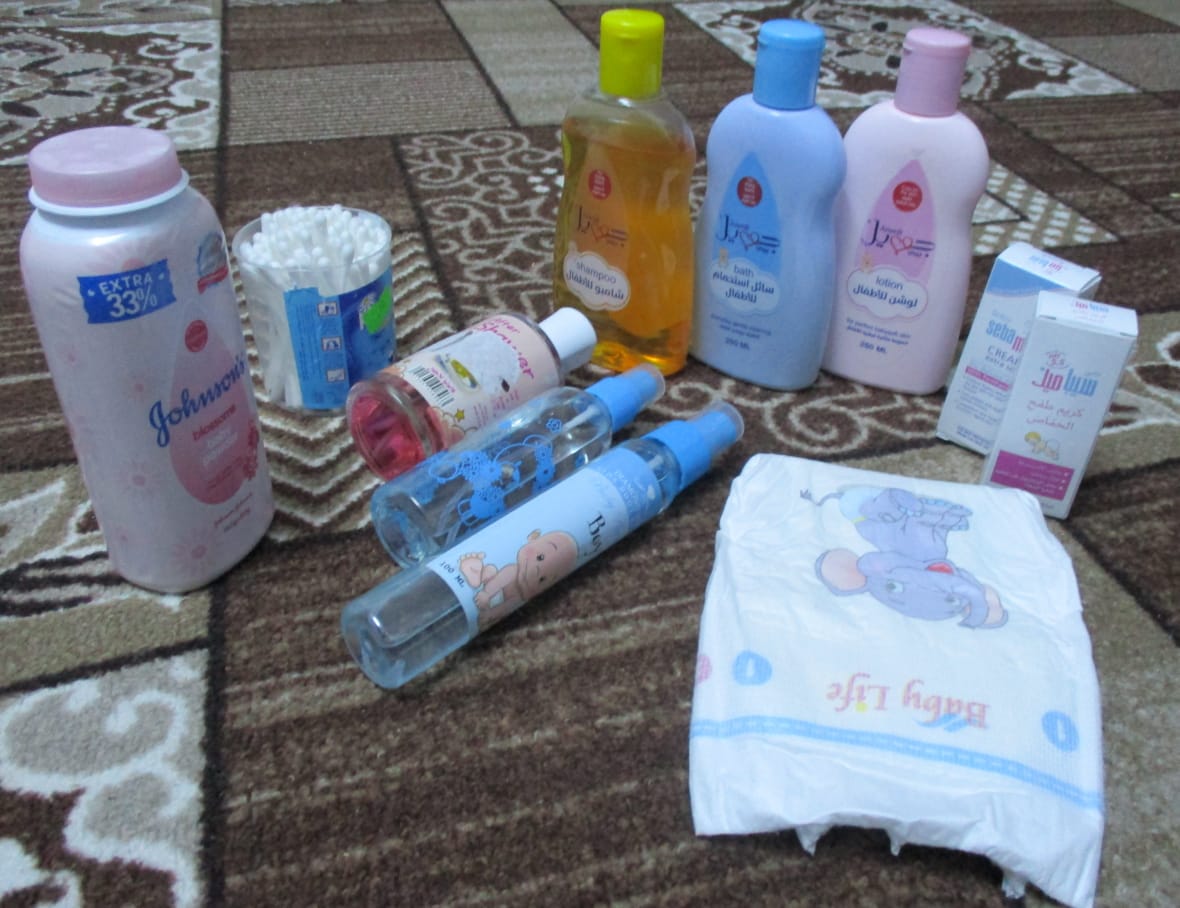
Eman, a 14-year-old Palestinian refugee girl with a visual disability
This is a picture of my neighbour, washing his car. He has never washed his car at home before. With everything closed, due to the pandemic, he had no choice but to take matters into his own hands.

Hanan, a 16-year-old Palestinian refugee girl with a hearing disability
When I go to the market with my mother, I wear a mask like this, to protect myself and set an example for other people. I have been learning about how to stay safe during COVID by watching TV and am sharing what I learn with my family and friends.

Sedra, a 14-year-old Palestinian girl with visual disability
The streets in my neighbourhood are deserted due to the pandemic lockdown. Normally, the streets are full. There are children playing and market stalls full of shoppers. Gaza camp is suffering. People have lost their jobs and families do not have enough money to pay for food. I hope God can solve this crisis.

Retaj, a 15-year-old Palestinian girl with hearing and speech difficulties
My life during lockdown has been reduced to watching cartoons on this TV. I used to spend my time at school and studying, because learning is very important to me. Now my school is closed and classes are cancelled. I am alone, bored, and unhappy.

Shoroq, an 18-year-old Palestinian girl with a hearing disability
I am alone, even though I am locked down with my family. I am deaf and no one at home understands sign language. I sketch to keep myself occupied, remember happier days—when I could take drawing classes—and to encourage others to ‘stay at home’ by painting messages on my clothes.
